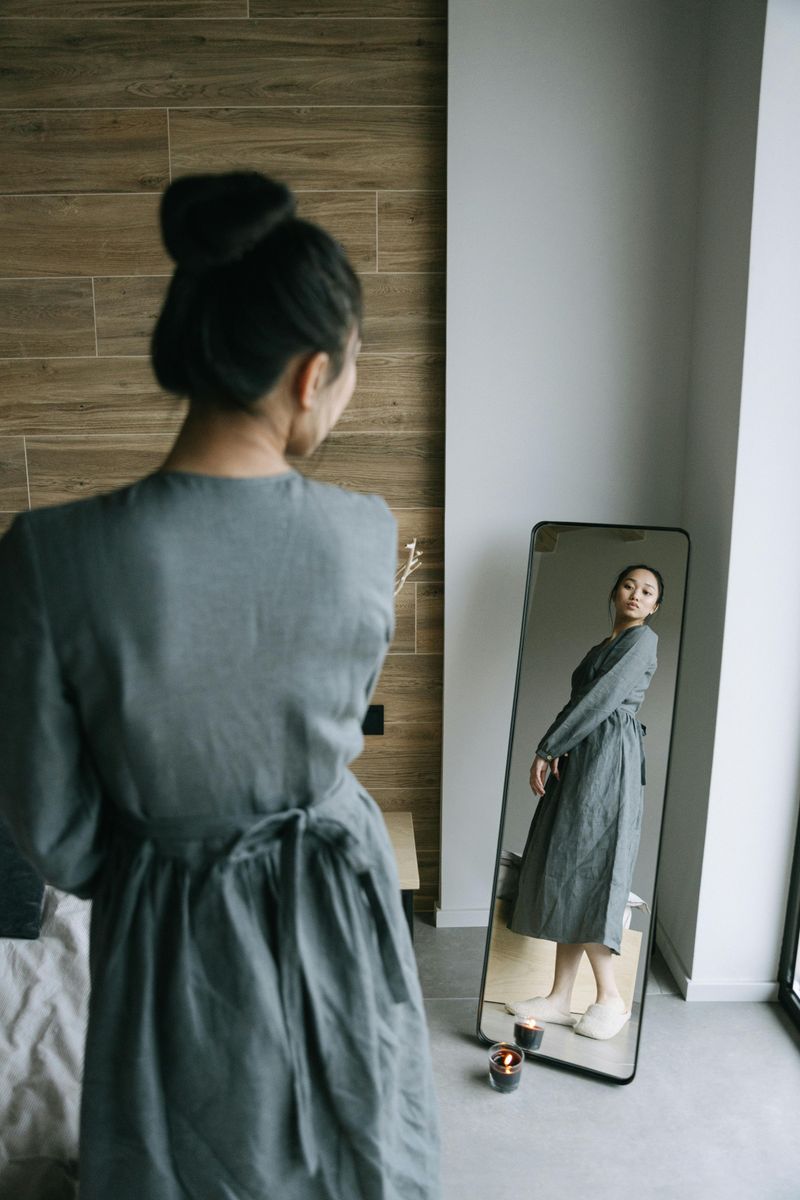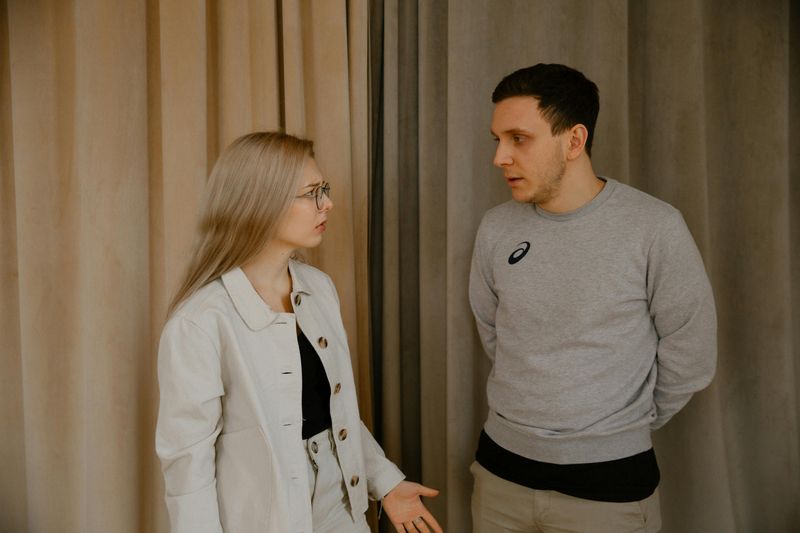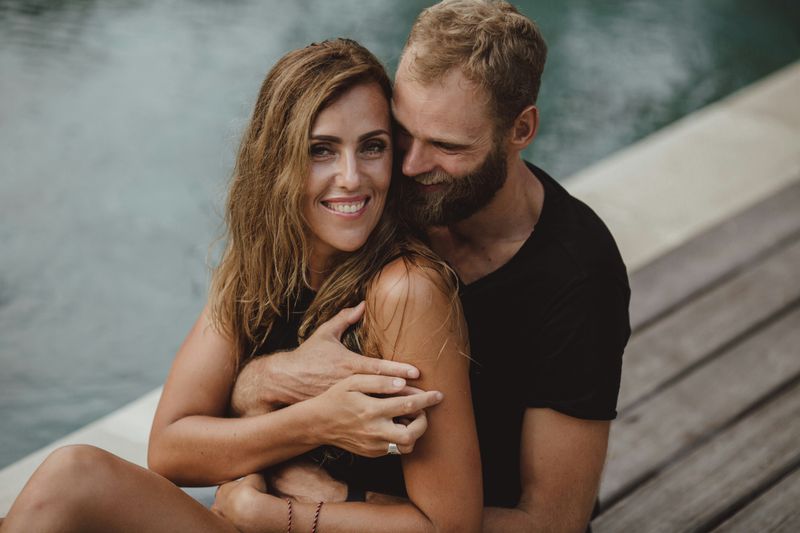10 Questions to Ask Yourself Before Starting a Relationship

Starting a new relationship can feel exciting and nerve-wracking at the same time. Before jumping in with both feet, taking a moment to check in with yourself can save you from heartache down the road.
Asking the right questions helps you understand what you truly want and whether you’re ready for a committed partnership. These ten questions will guide you toward making a choice that feels right for your life and happiness.
1. Am I Over My Past Relationship?

Carrying emotional baggage from an old relationship into a new one rarely ends well. If you find yourself constantly comparing potential partners to your ex or still feeling hurt about what happened, you might not be ready yet. Healing takes time, and that’s perfectly okay.
Rushing into something new while your heart is still mending can create unfair expectations for the other person. They deserve someone who’s fully present, not someone who’s stuck in yesterday. Give yourself permission to heal completely before opening your heart again.
Consider whether you’ve learned from past mistakes and grown as a person. True readiness means you can think about your ex without feeling angry, sad, or longing.
2. Do I Have Time for a Relationship?

Relationships require genuine effort and dedicated time to flourish properly. Between school, work, hobbies, friends, and family, your schedule might already be packed to the brim. Adding a partner means you’ll need to carve out quality moments for dates, conversations, and simply being together.
Think about your typical week honestly. Can you commit to regular hangouts without feeling stressed or overwhelmed? A partner shouldn’t feel like another item on your to-do list.
Being too busy often leads to neglecting the relationship, which causes frustration for both people involved. If your calendar barely has breathing room, it might be wise to wait until things calm down before pursuing romance seriously.
3. What Are My Deal-Breakers?

Everyone has certain things they absolutely cannot tolerate in a partner, and knowing yours prevents wasted time. Maybe dishonesty makes your skin crawl, or perhaps you need someone who shares your religious beliefs. Whatever matters most to you deserves serious consideration upfront.
Deal-breakers aren’t about being picky or difficult. They’re about protecting your core values and emotional well-being from situations that would make you miserable. Write them down if that helps clarify your thoughts.
Understanding your non-negotiables also helps you communicate boundaries clearly from the start. This honesty saves both people from investing in something that won’t work long-term anyway.
4. Am I Looking for Love or Just Companionship?

Understanding what you actually want makes all the difference in finding satisfaction. Some people crave deep romantic connection, while others simply want someone to hang out with regularly. Neither desire is wrong, but mixing them up causes confusion and hurt feelings.
Love involves vulnerability, commitment, and planning a future together. Companionship might mean enjoying someone’s company without necessarily seeing forever ahead. Be honest about where your heart truly stands right now.
Entering a relationship with mismatched expectations sets everyone up for disappointment. If you just want casual fun, own that truth. If you’re searching for your soulmate, acknowledge that too and communicate accordingly.
5. Do I Like Myself Right Now?

Self-love forms the foundation of any healthy romantic partnership you’ll ever have. When you constantly criticize yourself or feel unworthy, you might seek validation from a partner instead of genuine connection. That puts unfair pressure on them to fix problems only you can solve.
Working on self-acceptance before dating means you bring your whole, authentic self to the table. You won’t need someone else to complete you because you already feel complete on your own.
Partners should add to your happiness, not create it from scratch. If you’re struggling with self-esteem, consider focusing on personal growth first through therapy, hobbies, or supportive friendships before adding romance to the mix.
6. Can I Handle Conflict Maturely?

Every couple experiences arguments, no matter how well they fit together at first. The key is learning to disagree respectfully, without shouting, name-calling, or shutting down. Mature conflict management depends on patience, listening carefully, and being willing to meet halfway.
If you tend to explode in anger or give the silent treatment when upset, those patterns will damage any partnership. Recognizing these habits now gives you a chance to work on them before involving someone else.
Healthy couples fight fair by staying on topic, avoiding personal attacks, and working toward solutions together. Practice these skills with friends and family first to build confidence in handling disagreements constructively and respectfully.
7. Am I Financially Stable Enough?

Money might not buy happiness, but financial stress definitely creates relationship tension over time. While you don’t need to be wealthy, having basic stability means you can contribute fairly to dates and activities. Constantly borrowing money or relying on a partner financially creates an unhealthy power imbalance.
Consider whether you can cover your own bills comfortably before adding relationship expenses. Dating costs money, whether it’s going to movies, grabbing dinner, or splitting weekend trips together.
Financial independence also gives you freedom to make relationship choices based on love rather than necessity. You want to be with someone because they make you happy, not because you need their wallet to survive each month.
8. What Do I Want My Future to Look Like?

Having a general sense of your life direction helps you find compatible partners who share similar visions. Maybe you dream of traveling the world, or perhaps you want to settle down in your hometown with kids someday. Both paths are valid, but they require different types of partners.
You don’t need every detail figured out, but knowing your big-picture goals matters tremendously. Someone who never wants children won’t mesh well with someone who dreams of a large family.
Discussing future plans early prevents years of investment in incompatible relationships. While people can compromise on many things, core life goals usually aren’t negotiable without someone feeling resentful or unfulfilled eventually.
9. Am I Ready to Be Vulnerable?

Real intimacy requires opening up about your fears, insecurities, and past experiences with another person. If you’re still building walls around your heart or hiding parts of yourself, you’re not quite ready for deep connection. Vulnerability feels scary because it means someone could hurt you.
But keeping your guard up constantly prevents the closeness that makes relationships worthwhile and fulfilling. Love grows when two people trust each other enough to show their true selves, flaws included.
Ask yourself if you can share difficult emotions without feeling ashamed or defensive. Can you admit when you’re wrong or scared? Building this emotional courage takes practice but creates the strongest, most authentic partnerships imaginable.
10. Why Do I Want a Relationship Right Now?

Your reasons for wanting a relationship reveal whether you’re making a healthy choice or not. Seeking partnership because you feel lonely, want to make an ex jealous, or think you’re supposed to have someone isn’t fair to yourself or a potential partner. These motivations rarely lead to lasting happiness.
Healthy reasons include genuinely wanting to share your life with someone special and feeling ready to give and receive love. You should want a relationship to enhance an already good life, not fix a broken one.
Take time to examine your true motivations honestly before moving forward. If you’re chasing a relationship for the wrong reasons, you’ll likely end up disappointed or in an unhealthy dynamic that leaves everyone feeling worse.

Comments
Loading…